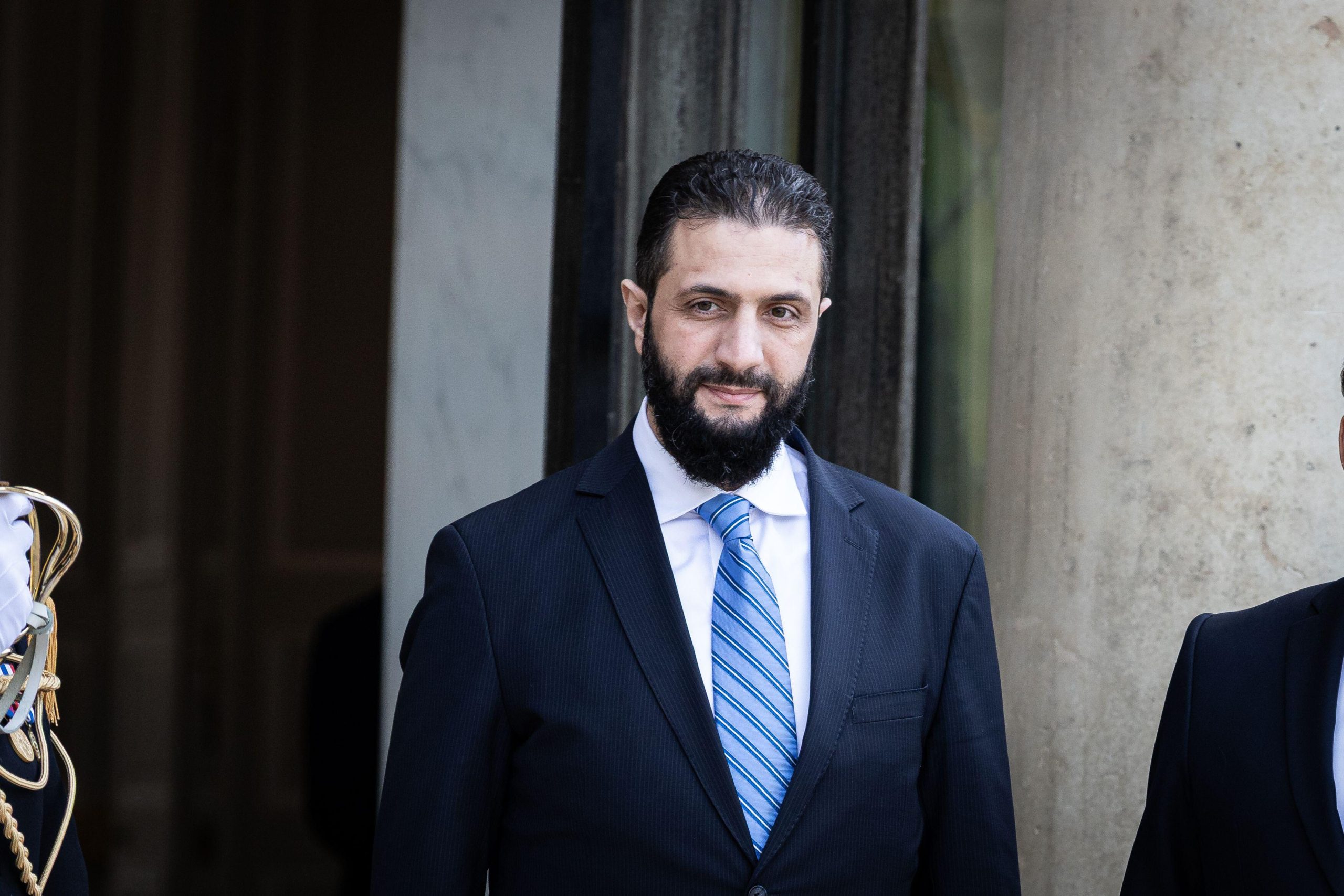Last week, Bahrain’s Information Affairs Authority wrote to Index, to address our criticisms of media censorship in Bahrain. Let’s go through their clarifications:
Bahrain continues to work closely with the media and to provide them with greater accessibility to cover events in country. This is reflected through the extensive on-ground coverage during the release of the Bahrain Independent Commission of Inquiry (“BICI”) report from internationally renowned media outlets including BBC, CNN, Al-Jazeera English and Arabic, Al-Arabiya, and many others in November, which was at the same time that the Index of Censorship (IoC) team was in Bahrain.
It is true that the Bahraini government allowed the international media and rights organisations into the country during the week of the BICI report. But coverage during that week does not necessarily indicate “extensive on-ground coverage”. The country initially allowed journalists to enter the country following the release of the BICI report, including the New York Times’s Nicholas Kristof, who has been openly critical of Bahrain in the past. However, the transparency promised to the international rights community seemed to only be available for a limited period of time, as employees from three international rights organisations were barred from entering the country this month.
The Information Affairs Authority further demonstrated its commitment to “extensive on-ground coverage” by allowing 700 international journalists to attend the Bahrain International Air Show. Indeed, journalists from publications like Business Intelligence Middle East and Trade Arabia covered the show, which took place from 19-21 January. The air show was Bahrain’s first major international event since the start of unrest in February and March of last year, and protesters attempted to disrupt the show, designed to bring back investors to Bahrain — but the backdrop of social unrest was most likely no competition for journalists commissioned to write about the parade of planes, rather than police brutality on the ground.
The letter then goes on to inform us that Bahrain has been implementing the recommendations of the BICI report “publicly and transparently,” and that the implementation can be tracked online. My views on starting a committee to look into implementing the recommendations of a committee can be found here.
The letter ends by looking at Bahrain’s commitment to media openness. The BICI report made the following recommendation related to the media:
1724 (a) – To consider relaxing censorship and allowing the opposition greater access to television broadcasts, radio broadcasts and print media. The continuing failure to provide opposition groups with an adequate voice in the national media risks further polarising the political and ethnic divide.
The Information Affairs Authority then boasts that they have brought in media consultancy IMCA to improve Bahrain’s media based on the BICI’s recommendations, and bring it “up to international standards.” Sounds great — but like many of the plans for change, information on actual plans for implementation are sparse.
Full text of the letter:




